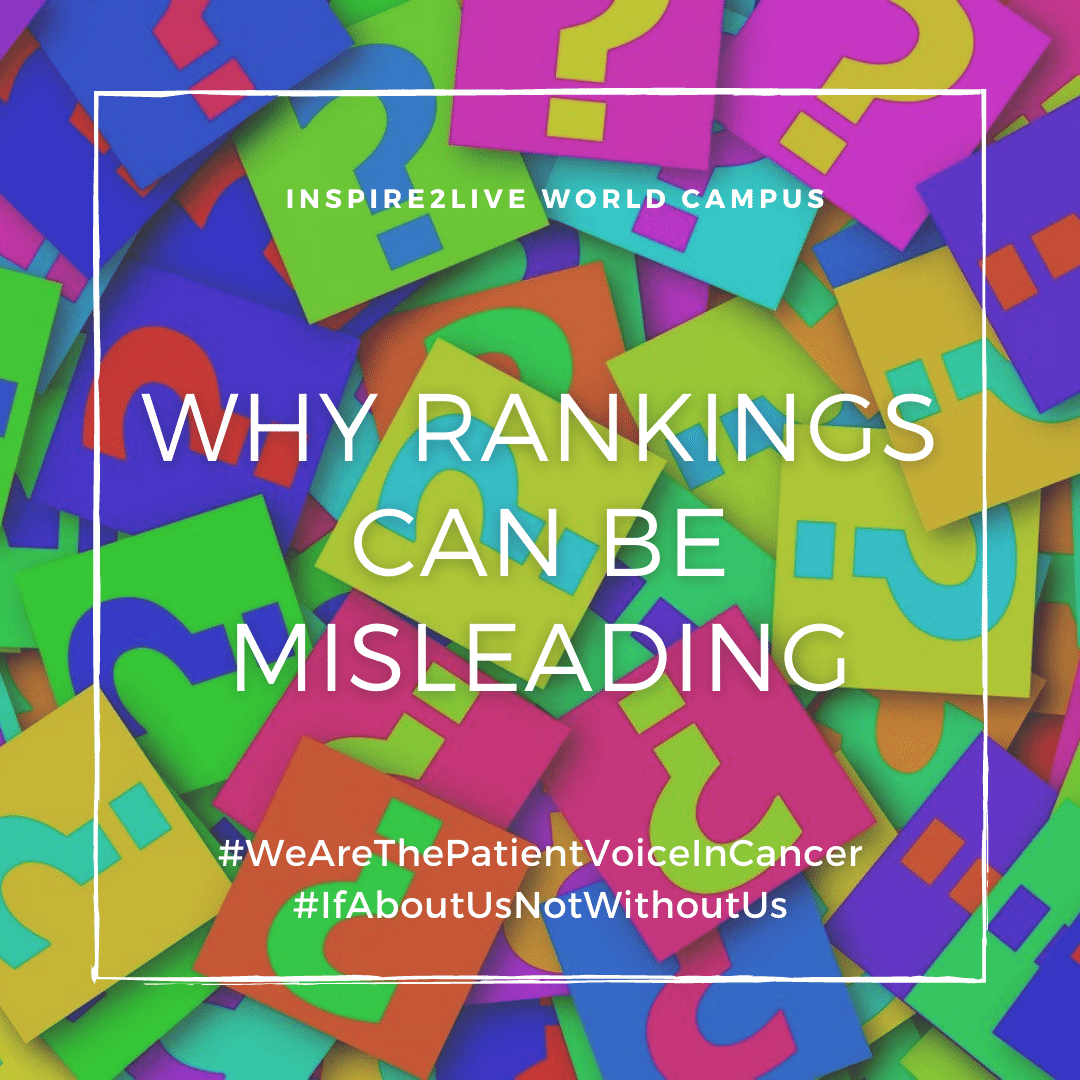Cancer ranks as the deadliest disease worldwide. This is a partial truth because, whether it is the disease with the most victims or not, it doesn’t account for where you live for example. Now that COVID-19 has locked us down, questions arise about the relative impact of the most deadly diseases and COVID-19 currently ranks third.
I find these rankings misleading. Why? Because such number games distort our search for meaning. One of the most devastating deformations is to pit one disease against the other. I will give you several reasons why rankings do not make the right kind of sense.
First, every death counts. True, some deaths are worse than others. But this is not what the ranking shows. It merely ranks the diseases based on the number of deaths.
Second, diseases overlap. Many people who suffer from one disease also suffer from another. It is called co-morbidity. In fact, co-morbidity is a very grave thing, not just because you have 2 or more diseases but because diseases and treatments interfere with each other. Having one disease increases your chances of dying from the other.
Third, the number of deaths tells you nothing about causes. If tobacco were abolished, over time we would count about 30% less cases of cancer. Cancer would leave the top 3 of the most deadly diseases, cardiovascular diseases would seriously go down and COVID-19 would be ranked first.
Fourth, you are not necessarily interested in the global ranking. You are interested in the numbers that are relevant to you.
Fifth, and as I’ve already mentioned, rankings work like competitions. Why is so much attention paid to COVID-19, when still many more people are dying from cancer and cardiovascular diseases?
Let me tune in on the fifth point. We know countries have started reallocating resources from cancer care to COVID-19 care. However, based on the ranking COVID-19 only comes third! So why all the fuss about COVID-19 when cancer and cardiovascular are worse?
There are several answers to this question that the ranking does not tell you: (a) COVID-19 is a new disease and we don’t know how bad it is yet; (b) when resources are reallocated, attention paid to one disease affects the numbers of people dying from the other; (c) people who have cancer or cardiovascular diseases are also prone to getting COVID-19; (d) having one of these diseases makes the hazards of yet another (co-morbidity) worse.
Rankings warp our comprehension whilst inspiring questionable collective action. Not because the ranking is wrong, but because the ranking doesn’t account for the interdependent reality underlying the numbers. As Hannah Arendt wrote, thinking is about the search for meaning. And it just doesn’t make sense to pit one disease against the other.
Jan Gerrit Schuurman
Patient Advocate Inspire2Live

